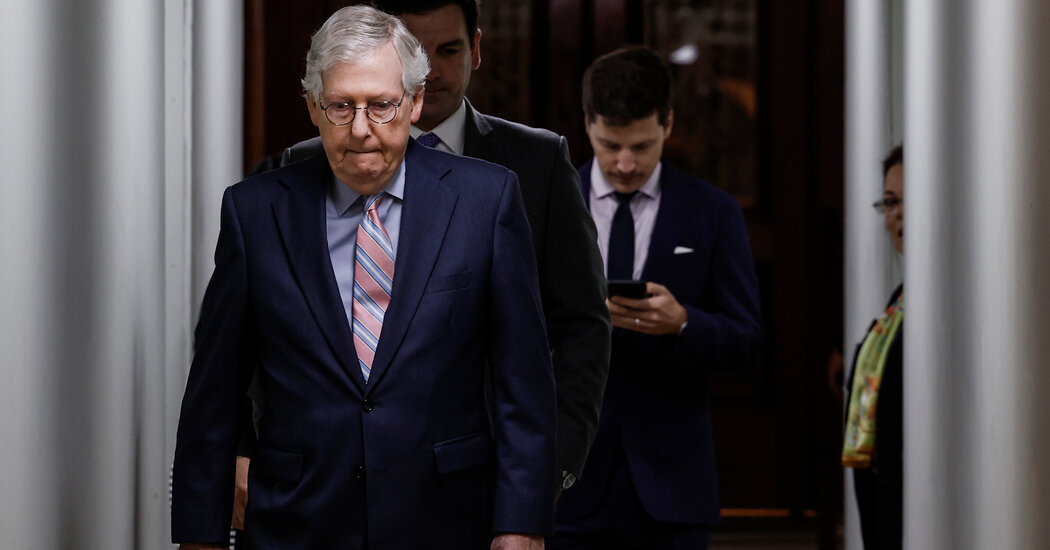The U.S. Senate is poised to vote to accept Sweden and Finland into NATO.

WASHINGTON — The Senate was expected to give final approval on Wednesday to a treaty that would expand NATO to include Finland and Sweden, with Republicans and Democrats linking arms for one of the most significant expansions of the alliance in decades in the face of Russia’s continued assault on Ukraine.
Voting wasscheduled to begin at 4:30 p.m. Eastern, with the ambassadors of Finland and Sweden expected to be watching from the Senate gallery. Lawmakers expected the measure to pass overwhelmingly, with only Senator Josh Hawley, Republican of Missouri, signaling that he would oppose it.
The tally of yes votes was expected to far surpass the two-thirds of the Senate necessary to approve the treaty, underscoring the bipartisan appetite for a more muscular military alliance, even amid threats from President Vladimir V. Putin of Russia that Sweden and Finland would face unspecified retaliation should they join NATO.
All 30 current members of the alliance must ratify the accession of the two countries. Twenty-two countries have already done so.
Republican support for the treaty had not been a foregone conclusion, given former President Donald J. Trump’s vocal contempt for NATO. Some G.O.P. lawmakers who aligned themselves with him adopted his “America first” philosophy of eschewing alliances and the concept of shared responsibility for maintaining the global order.
But the Senate minority leader,Mitch McConnell, Republican of Kentucky, has made it a mission of late to push back against the anti-interventionist strain in his party.
In recent months, spurred by Russia’s invasion of Ukraine, Mr. McConnell made a point of forcefully and publicly rallying support for the kind of strong military presence abroad that was once viewed as Republican orthodoxy. He traveled to Ukraine, Sweden and Finland in May, in what he later described as a bid to show the world that Mr. Trump’s views on military aid and alliances did not hold sway over Republicans or drive the policy of the United States.
Mr. McConnell has argued that Sweden and Finland would be able to carry their share of the defense burden, which counters a frequently raised concern in conservative circles.
He also has made the case to fellow Republicans that “even closer cooperation” with the two nations would help the United States counter China, another argument invoked by Republicans contending that the United States needed to shift its defense resources away from Europe and toward Asia.
“Their accession will make NATO stronger and America more secure,” Mr. McConnell said in a speech from the Senate floor on Wednesday. “If any senator finds a defensible excuse to vote no, I wish them good luck.”
